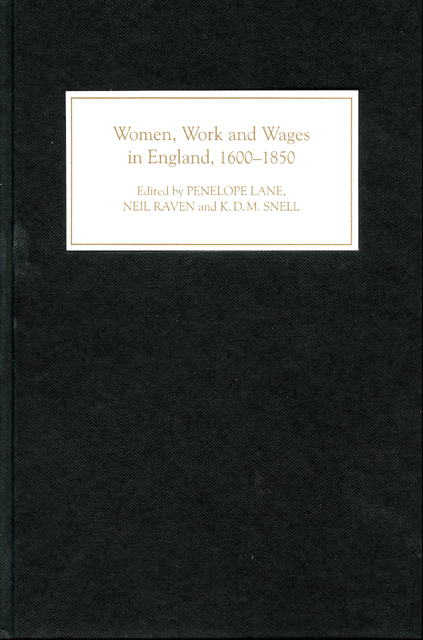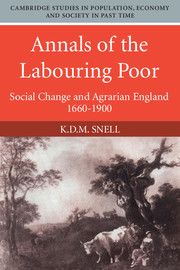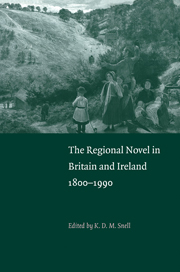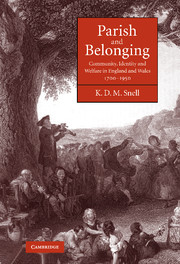‘Where do you come from?’ must be one of the most frequent opening conversational lines in English. It can be interpreted in a number of ways, yet it always produces a reply and reciprocal interest, and its answer often appears to be confirmed by accent, personality, and appearance. It may establish rapport, but occasionally arouses distrust. Each place, and the many ways in which a person may be attached to it, has different cultural and subjective connotations. These indicate the crucial importance of ideas of belonging, or the wish for it, even in the modern world. Similarly, the search for ‘roots’, for one's genealogy, fills record offices with people, inspires much local historical research, and manifests the same interest.
In many other areas of culture we also witness the desire for belonging and attachment to place. We hear this in popular song, from nostalgic nineteenth-century emigration songs, like ‘The leaving of Liverpool’, and earlier ballads like ‘Loch Lomond’, to ‘It's a long way to Tipperary’, ‘Show me the way to go home’, ‘Maybe it's because I'm a Londoner’, through to the more recent lyrics of ‘The green, green grass of home’, ‘I'm going home’, ‘Going to my home town’, ‘Clare to here’, and so on. Geordie oil workers, returning from the Scottish rigs, roar in deafening crescendo ‘I'm coming home Newcastle, wish I'd never been away’, as the train approaches their destination.




